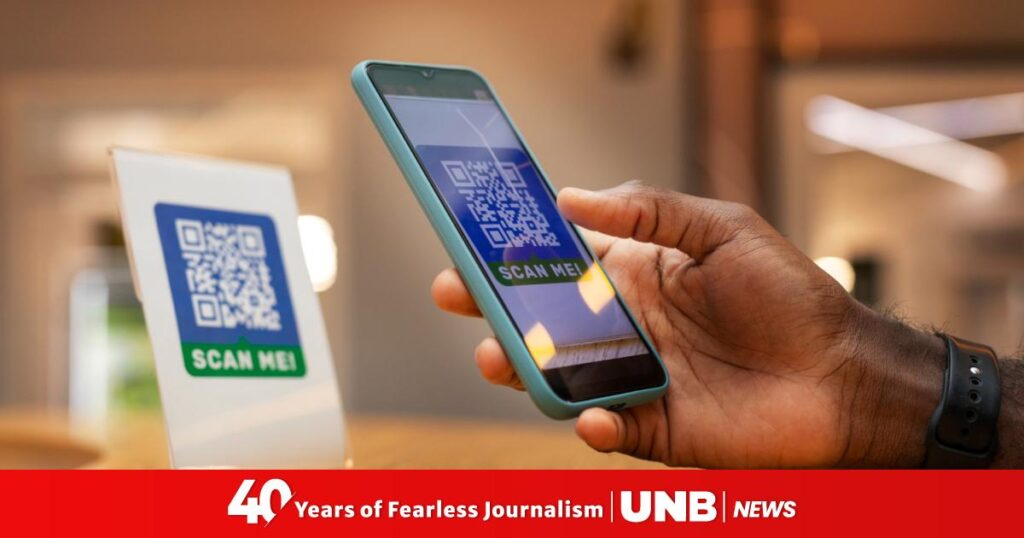The concept of a cashless economy refers to an economic system where financial transactions are carried out through digital means rather than physical currency. In recent years, Bangladesh has witnessed rapid growth in digital financial services, leading many to believe that the country is moving towards a cashless future. However, the question remains: has Bangladesh truly become a cashless economy, or does the country still heavily depend on cash?
What is a cashless economy?
A cashless economy is a system where financial transactions are conducted digitally, eliminating the need for physical currency. Transactions are made using mobile banking apps, credit/debit cards, digital wallets, and QR codes. Popular examples in Bangladesh include mobile financial services like bKash and QR code payments at local vendors.
The benefits of a cashless economy include increased transparency, faster transactions, improved tax compliance, and enhanced financial inclusion. It also leads to greater economic efficiency by simplifying money flows and reducing handling costs.
Read more: Sanchayapatra at Maturity: Encashment or Renewal of Bangladesh’s National Savings Certificate
However, it also presents challenges such as reliance on technology, which can be vulnerable to failures and cyber threats. Digital exclusion is another issue, as people without smartphones or internet access may be left behind. Also, concerns about cybersecurity and data privacy need to be addressed to protect users from fraud and breaches.
While a cashless economy brings significant benefits, these challenges must be carefully managed for a successful transition.
Bangladesh’s Developments toward a Cashless Economy
Bangladesh has seen significant growth in mobile financial services (MFS) with platforms like bKash, Rocket, and Nagad, enabling millions to perform digital transactions. These services allow users to send and receive money, pay bills, and shop online. The COVID-19 pandemic accelerated this trend, pushing more people toward contactless transactions.
Read more: What to Consider Before Taking a Personal Loan from a Bangladeshi Bank
E-commerce has flourished as well, with businesses increasingly adopting mobile payments and card systems. Digital payments are now common in urban areas, extending from large stores and restaurants to ride-sharing services and even street vendors.
The government’s initiatives, particularly the “Digital Bangladesh” vision and the “Cashless Bangladesh, Smart Bangladesh” campaign, have been crucial in this transformation. The introduction of QR code-based payments, like Bangla QR by Bangladesh Bank, has made it easy for even small and informal businesses to join the digital ecosystem. This low-cost solution allows customers and micro-merchants to make seamless transactions through various mobile apps and cards, paving the way for a more inclusive digital economy.
Bangladesh Facing Challenges and Limitations
Despite notable advancements, various obstacles continue to impede Bangladesh’s complete transition to a cashless economy. A large portion of the rural population and informal sector still relies on cash, with many small business owners and daily wage workers hesitant to adopt digital payments due to limited digital literacy and concerns about taxation.
Read more: Buying US Dollar Investment Bonds: A Comprehensive Guide for NRBs
Uneven access to smartphones and reliable internet, particularly in remote areas, further exacerbates the issue. Even when digital tools are available, many users lack the necessary skills or trust to engage confidently with them. Additionally, fears around cybersecurity, fraud, and data privacy create barriers to adoption.
Financial institutions also face infrastructure challenges, including a shortage of point-of-sale (POS) terminals and inconsistent customer service, which affects user satisfaction and overall trust in digital systems.
Is Bangladesh a cashless economy?
Bangladesh is making strides toward a cashless economy, though full digitalisation remains a work in progress. Mobile financial services (MFS) and QR code payments have grown rapidly, with monthly transactions exceeding BDT 3,000 crore, as per Bangladesh Bank.
Read more: How to Invest in Bonds: A Comprehensive Guide
Urban areas lead the shift, while rural and low-income communities still rely heavily on cash. Initiatives like Bangla QR and personal retail accounts offer promise, particularly for micro-merchants and the informal sector.
However, for digital payments to be truly inclusive, the country needs stronger policy support, widespread financial literacy, improved infrastructure, and targeted awareness campaigns. These will help to bridge the gap and ensure equitable access to digital finance across all segments of society.
Final Lines
Bangladesh is progressing steadily on the path to becoming a cashless economy, but it is not there yet. The growing popularity of mobile banking, the government’s proactive digital initiatives, and the development of low-cost, interoperable payment solutions are commendable.
Read more: How to Buy Bangladesh Government Treasury Bond: Everything You Need to Know
Yet, barriers such as cash reliance, digital exclusion, and security concerns continue to hold back full transformation. With the right investment, policy support, and public-private collaboration, Bangladesh has the potential to unlock the benefits of a truly cashless society and lead the way in digital financial innovation in South Asia.

